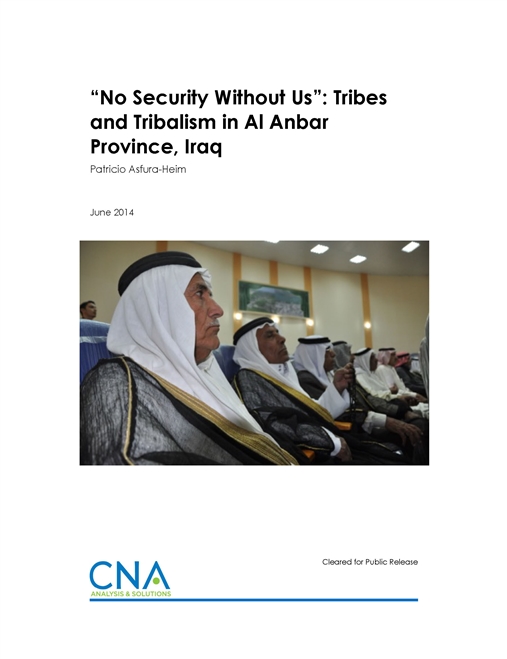In recent weeks, Sunni militants from the Islamic State of Iraq and al-Sham (ISIS)1 have swept across northern Iraq, pushing aside the beleaguered Iraqi security forces (ISF), many of whom have simply dropped their weapons and fled. These advances have furthered the gains ISIS had made in the western desert province of al Anbar months earlier, and have positioned it to directly threaten Baghdad. While some commentators have downplayed the ability of ISIS to take Baghdad based on the large number of ISF (and Shia militias) in and around the capital, the Obama administration has responded by sending roughly 300 Special Forces advisors to Iraq to bolster the ISF in their attempts to defend Baghdad. However, even if the ISF successfully defend the capital, failure to reverse ISIS’ current momentum in Sunni areas of Iraq could yet plunge the country into another civil war.
Luckily, the ISIS-led insurgency is by no means monolithic. Reminiscent of al Qaeda’s rise in Iraq beginning in 2003, the ISIS campaign is currently supported by a host of actors, ranging from former Baathists to disaffected Sunni tribes at odds with a sectarian Shia government and its exclusionary policies. These alliances are born of convenience and a shared hatred of the current government of Iraq. But given the bloody history between Islamic extremists and al Anbar’s tribes, each must be eyeing the other warily. As was the case during the years of heavy American presence in Iraq, a key to security going forward will be to peel away moderate Sunni tribes from the insurgency, turn them against the terrorists, and begin a legitimate national reconciliation process between Iraq’s Sunni, Shia, and Kurdish populations.
While the path to enduring stability in Iraq involves effective national-level political accommodations, the task at hand is to extirpate ISIS to create space for negotiations among Iraq’s various political and ethnic factions. Doing so will require partnering with local tribal forces in Sunni areas—and, if current news reports are accurate, the Obama administration is already considering ways to do so. If the president decides to take such actions, it will be critical for those implementing such a decision to understand the features of tribalism in Iraq and the role that tribal leaders play both in mobilizing the population and in resolving conflict.
Download reportDistribution unlimited.
Details
- Pages: 30
- Document Number: COP-2014-U-007918-final
- Publication Date: 7/1/2014
